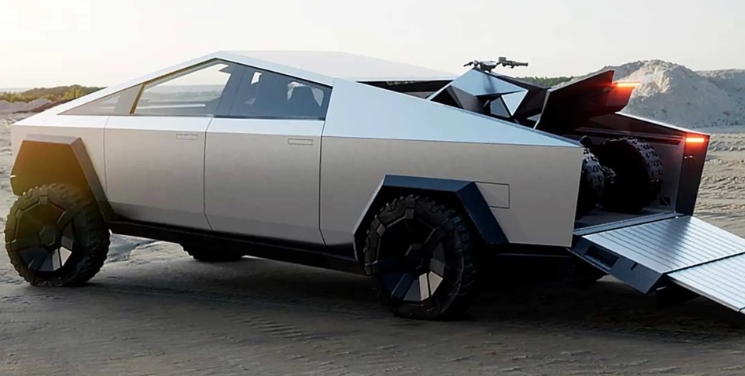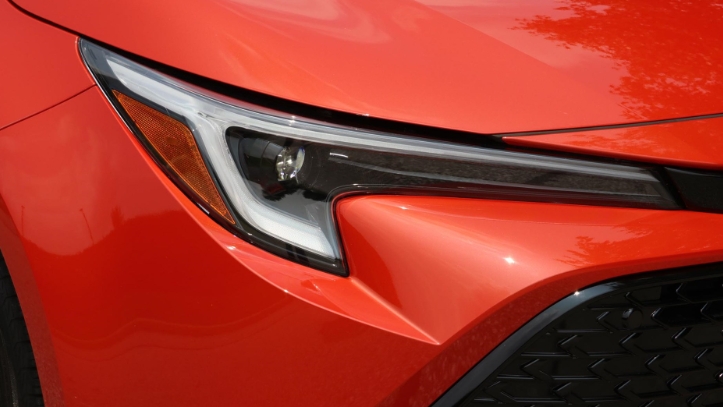The electric vehicle market could face a shortage of graphite due to dependence on Chinese exports, a supplier to Tesla has warned. The main problem is the “opacity” of pricing in China, which mines 65% and processes 85% of the mineral needed for the production of batteries.
The electric vehicle market will face an acute shortage of graphite in the next decade due to the market dominance of Chinese manufacturers. Sean Werner, CEO of Australia’s Syrah Resources, told the Financial Times.
Syrah Resources is the world’s largest producer of natural graphite outside of China and a supplier to Tesla.
The main problem, according to Werner, is the “opacity” of pricing in the market. China produces 65% and processes 85% of graphite and six of the world’s largest producers of anode materials are Chinese companies, FT writes, citing data from the International Energy Agency.
The centralized nature of the graphite market means that supply agreements are negotiated bilaterally through long-term contracts between producers and buyers. Small volumes of the mineral are traded on exchanges, which limits the transparency of pricing, writes the FT. In addition, analysts hardly follow the development of the industry, there is a lack of information about future projects, which makes it difficult to predict long-term prices, the newspaper said.
Graphite is used in the manufacture of batteries: anodes for lithium-ion batteries are made from graphite with the addition of silicon. With a notable increase in interest in electric vehicles, demand for this material could triple in the next four years, the FT notes. Against this background, the cost of graphite has already jumped by a third compared to last year and reached $740 per ton, the newspaper writes, citing Argus data.
The need for alternative sources of graphite has also grown since the passage of the US Inflation Control Act. Under this law, electric vehicle manufacturers will lose tax breaks after 2024 if their plants use minerals that are processed or processed by a “foreign organization of concern.” Such organizations in the United States include companies from China.



